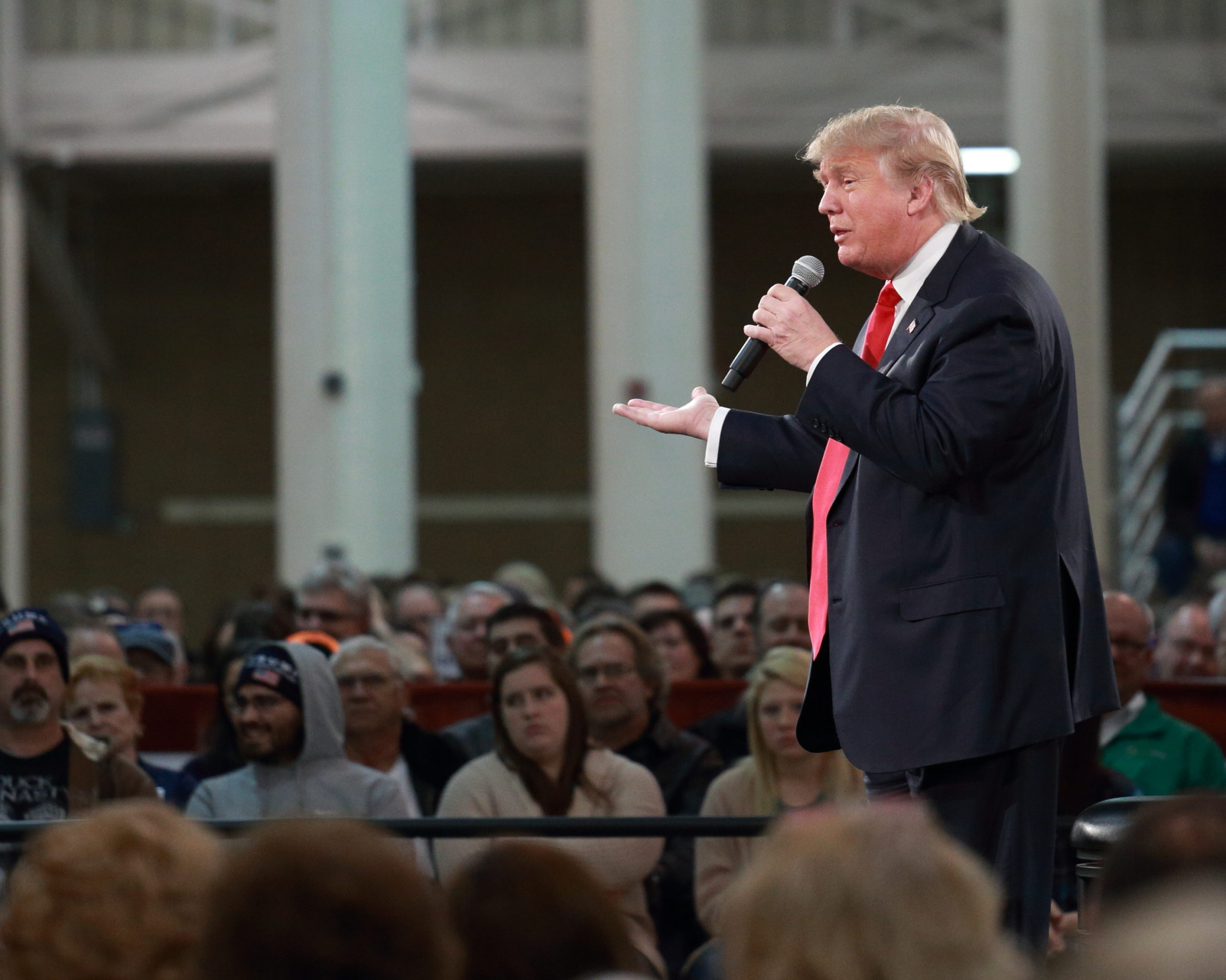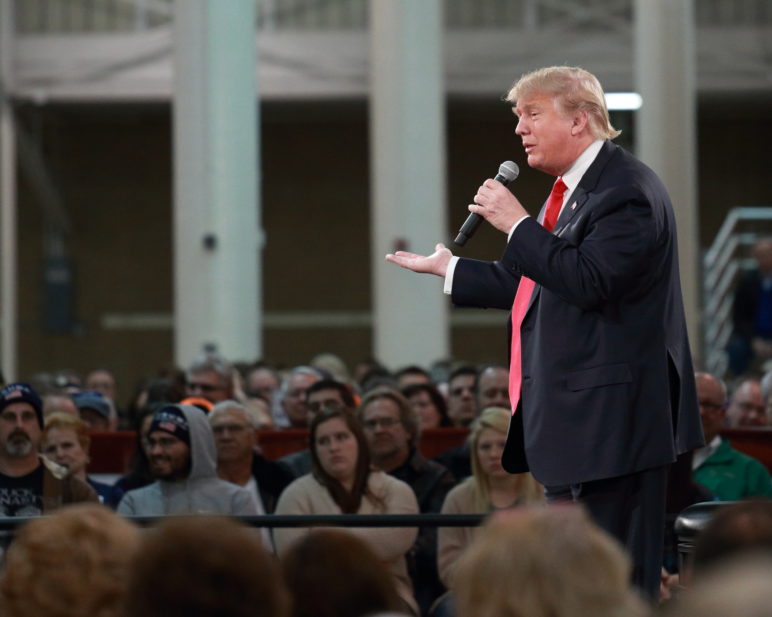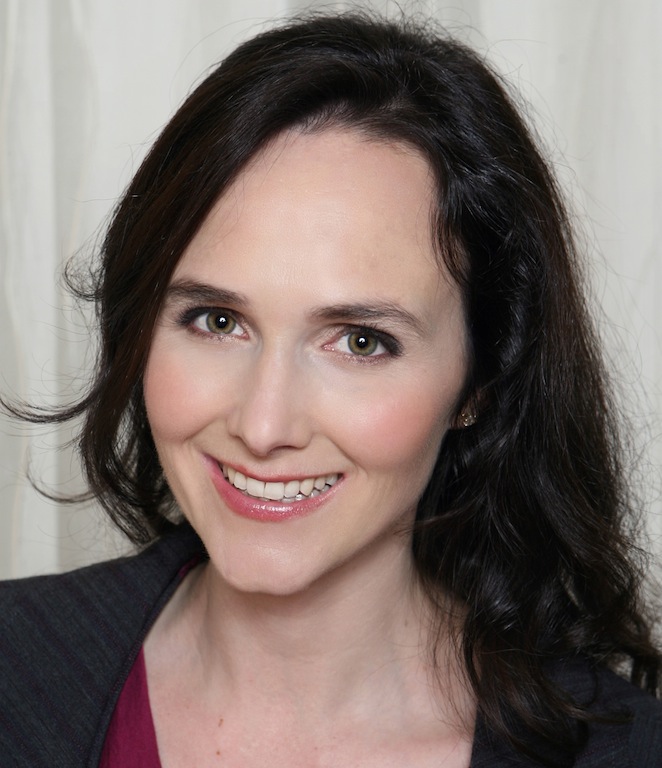Of the most recent six US presidential elections, Republicans won half and Democrats won half. But Democrats won the most votes in five out of six. Twice, Democrats won more votes but the Republican won the presidency. Why? The state-winner-take-all system most states use to determine their Electoral College votes distorts the will of American voters.
It appears that Democrats need to win a landslide popular victory—a margin of 5 million votes or more—to be sure to win the Electoral College. A margin of victory of 3 million votes or fewer and the state-winner-take-all Electoral College could hand the presidency to the less popular candidate.
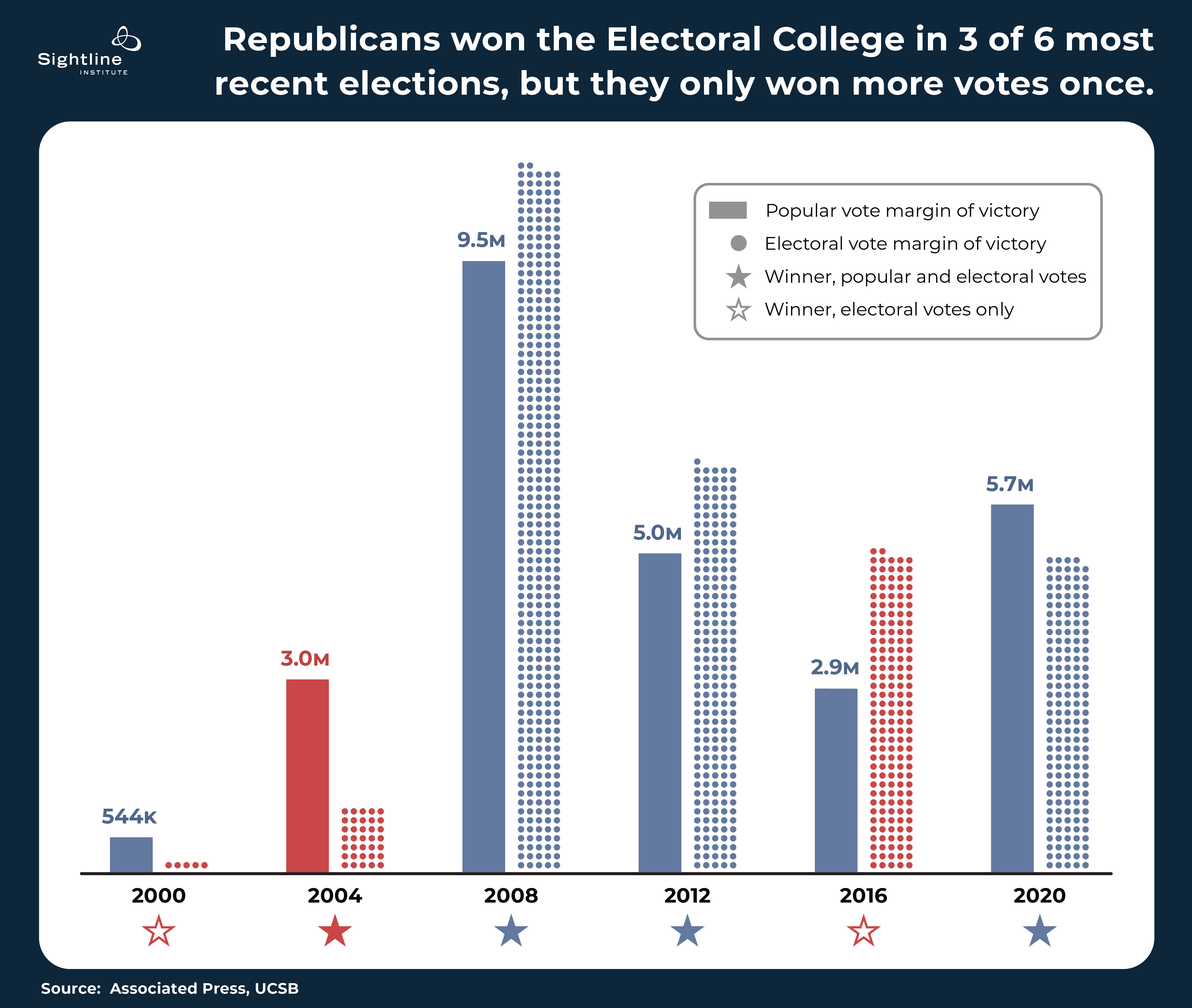
The state-winner-take-all Electoral College tilts Republican.
Then again, like a butterfly’s wing in Dade County, Florida, prompting an Electoral College landslide for the whole country, even a comfortable advantage in the popular vote total could be reversed by a couple thousand votes in certain swing states. In 2000, both the total votes and the Electoral College vote margins were razor thin. But in 2016, the popular vote margin was a robust nearly three million while the Electoral College’s determination swung on just 78,000 votes. And in 2020, the vote margin was a ponderous nearly six million, but again, the Electoral College could have swung the other way by a shift of just 78,000 votes.
The state-winner-take-all Electoral College risks subverting what Americans want, not only in close races like 2000, but in not-so-close races like 2016 and 2020. Happily, working together, states have the power to change from the state-winner-take-all Electoral College to a national-winner-wins Electoral College. If enough states sign on the National Popular Vote Interstate Compact, then candidates will campaign to win over more Americans than their opponent, not just swing state Americans, and the candidate with the most votes will win.
Sightline Institute is a 501(c)3 non-profit organization and does not support, endorse, or oppose any candidate or political party.
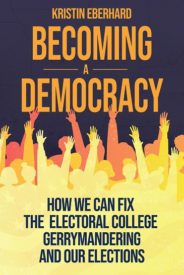 Kristin Eberhard, Director, Climate and Democracy and author of Becoming a Democracy: How We Can Fix the Electoral College, Gerrymandering, and Our Elections, is a researcher, writer, speaker, lawyer, and policy analyst who spearheads Sightline Institute’s work on democracy reform and on climate action. She researches, writes about, and speaks about elections systems and democracy reform, with particular expertise on Vote By Mail and proportional representation. Eberhard lives in Oregon, an all-Vote By Mail state. She is available to discuss tested, safe, fair COVID-19 election practices, state by state. Find all Eberhard’s latest research here.
Kristin Eberhard, Director, Climate and Democracy and author of Becoming a Democracy: How We Can Fix the Electoral College, Gerrymandering, and Our Elections, is a researcher, writer, speaker, lawyer, and policy analyst who spearheads Sightline Institute’s work on democracy reform and on climate action. She researches, writes about, and speaks about elections systems and democracy reform, with particular expertise on Vote By Mail and proportional representation. Eberhard lives in Oregon, an all-Vote By Mail state. She is available to discuss tested, safe, fair COVID-19 election practices, state by state. Find all Eberhard’s latest research here.
For press inquiries and interview requests, please contact Anna Fahey.

